Animal behavior research and observation
Observing animal behavior is done in a wide variety of research areas, from fundamental neurosciences to wildlife behavior studies or farm animal welfare studies. Explore a range of diverse topics in animal behavior research. From social interactions to genetic influences, gain a comprehensive understanding of animal behavior in various contexts and in various species.

Interspecific aggression: spotted dolphins vs. bottlenose dolphins
In the animal kingdom, competition is a part of life. Dominance hierarchies are common both within a group in a species (intergroup) or between two different species (interspecific).
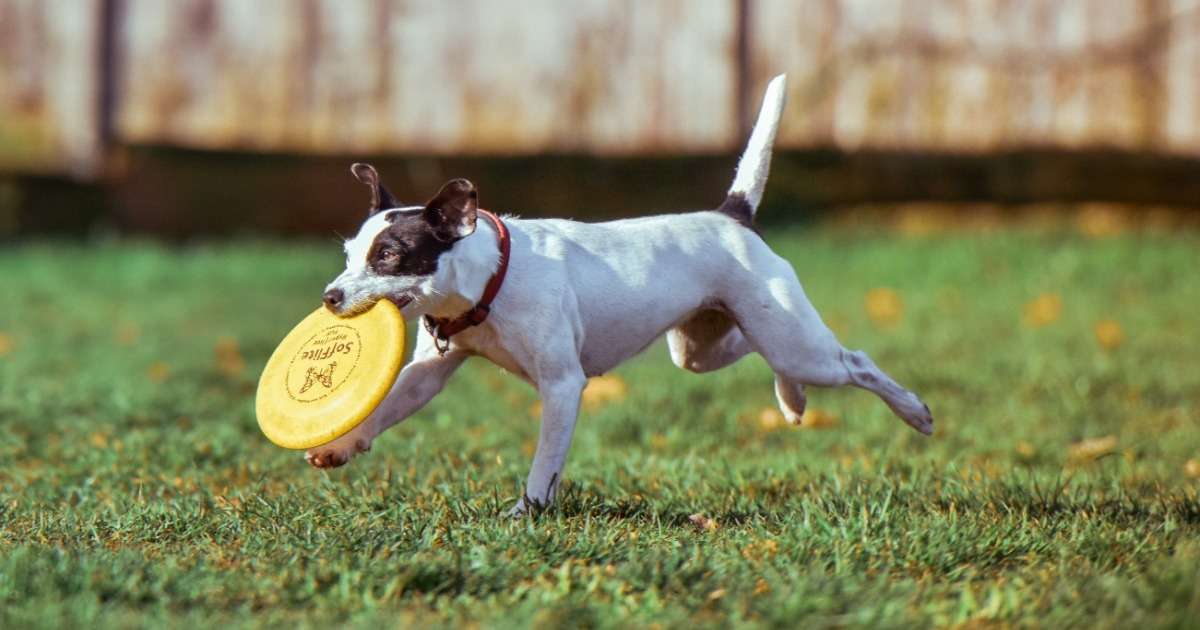
The welfare of therapy dogs
Dogs have been used with adult substance abuse patients in animal-assisted interventions (AAIs) and animal-assisted therapy (AAT). Why use dogs in therapy? The impact of animal-assisted therapy on the dogs.
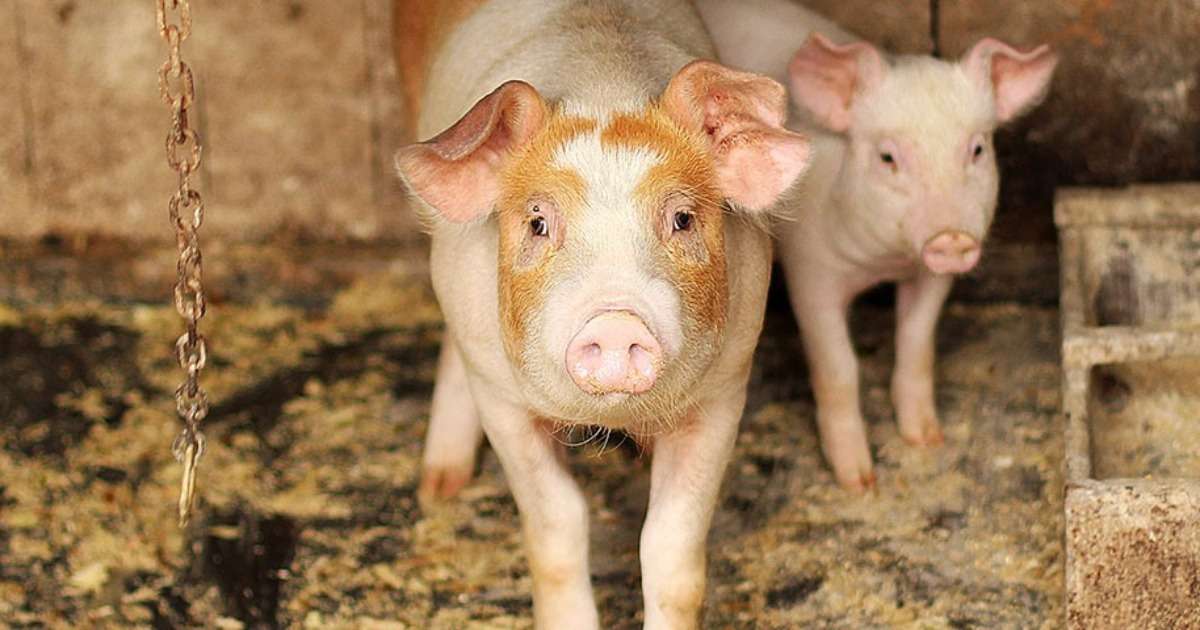
How to measure emotions in pigs
A commonly used assay for assessment of fear in animals is the novel environment test.In this test, an animal is placed in an arena for a particular time period and behaviors are scored.
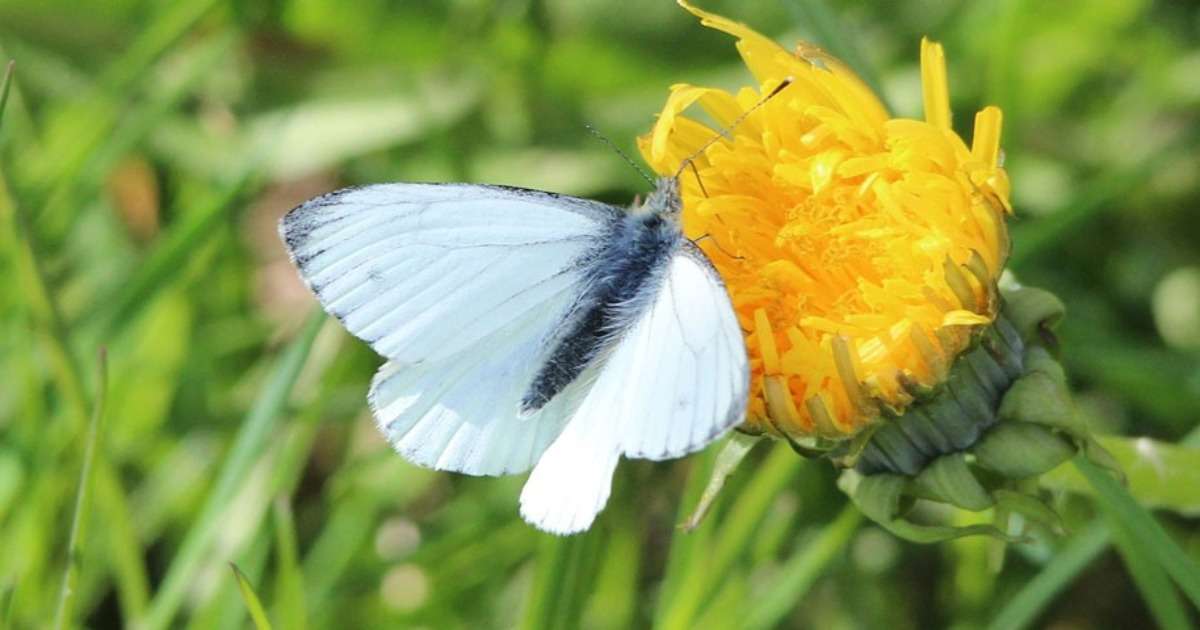
Insect damage on leaves changes the reproductive strategy of plants
We all know that the majority of plant species depends on pollinators, like bees and syrphid flies, for reproduction. What most of us do not know is that this process is far more complex than it looks at first sight.
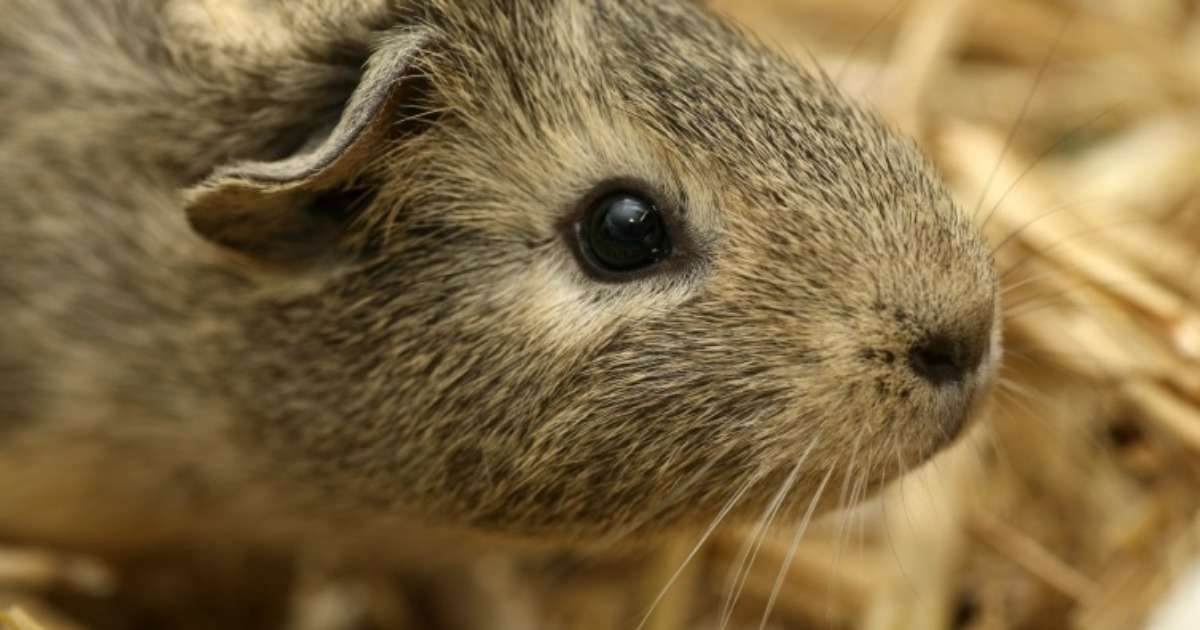
Why guinea pigs are just like us
If zebrafish are the new mice, guinea pigs might be the new rats. Guinea pigs differ from mice and rats, and that just might make them more suitable due to the fact that these results are more easily translated to humans.

Measuring behavioral effects of laboratory rearing on starlings
Rearing animals specifically for behavioral research is a very common practice. However, the results from behavioral studies with laboratory animals should be interpreted with care.
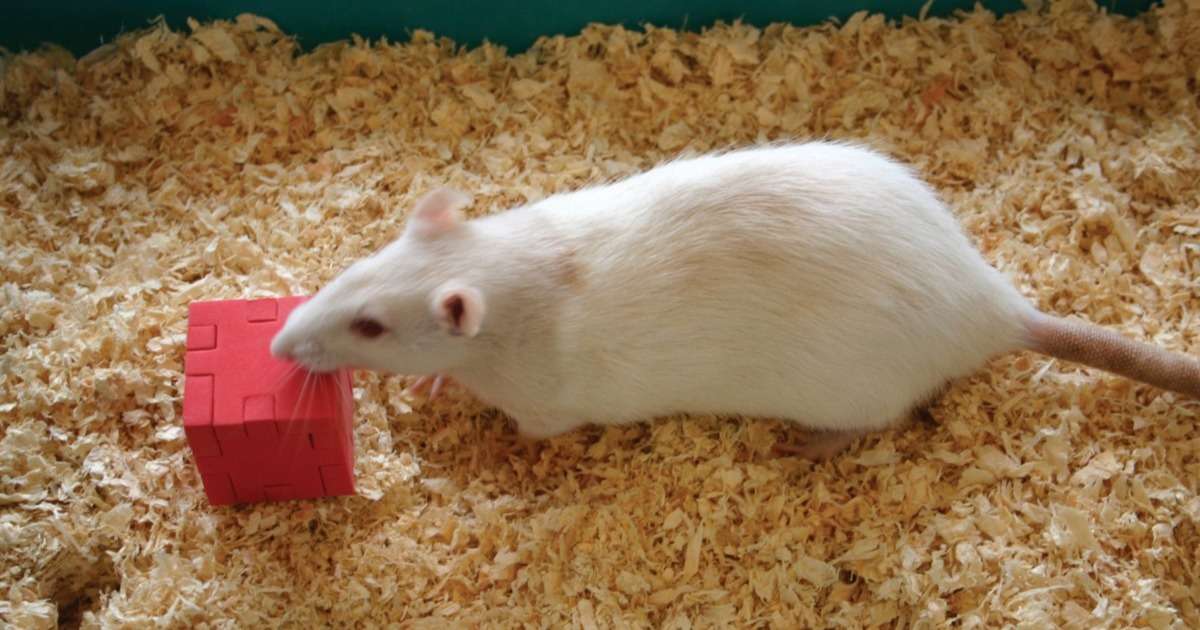
Top 5 novel object recognition articles
Novel object recognition is one of the most commonly used behavioral tests on laboratory rodents. It is also easily automated with video tracking software. Want to know how?
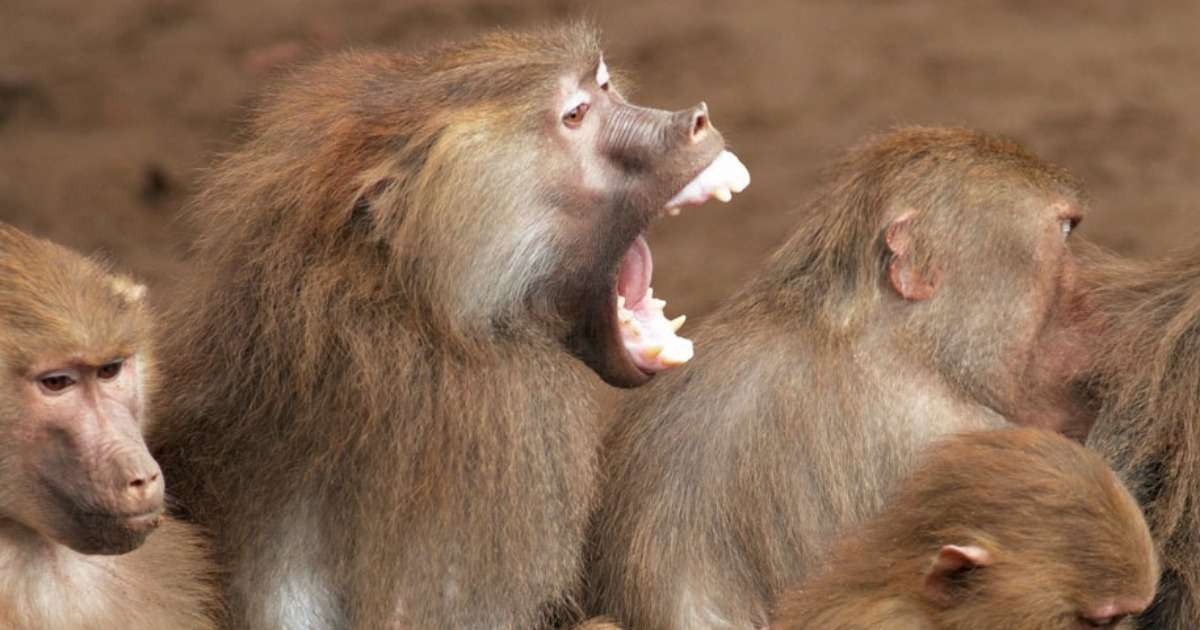
Primate behavior - cracking the nut, fur rubbing & mating behavior
Interested in primatology? Today we present to you three blog posts and a couple of interesting websites!
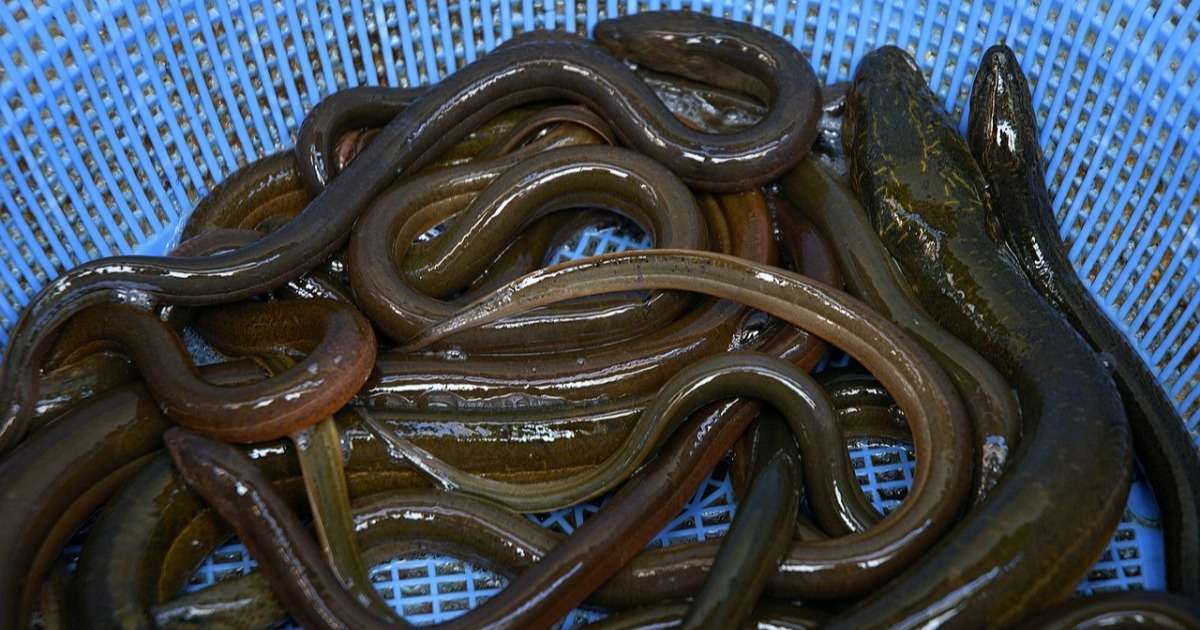
Making the impossible possible – Tracking under water in the dark
European eels (Anguilla anguilla) have a life cycle in which both larvae and adults travel incredible distances. The eggs hatch in the Sargasso Sea near North America and the larvae swim all the way to Europe.
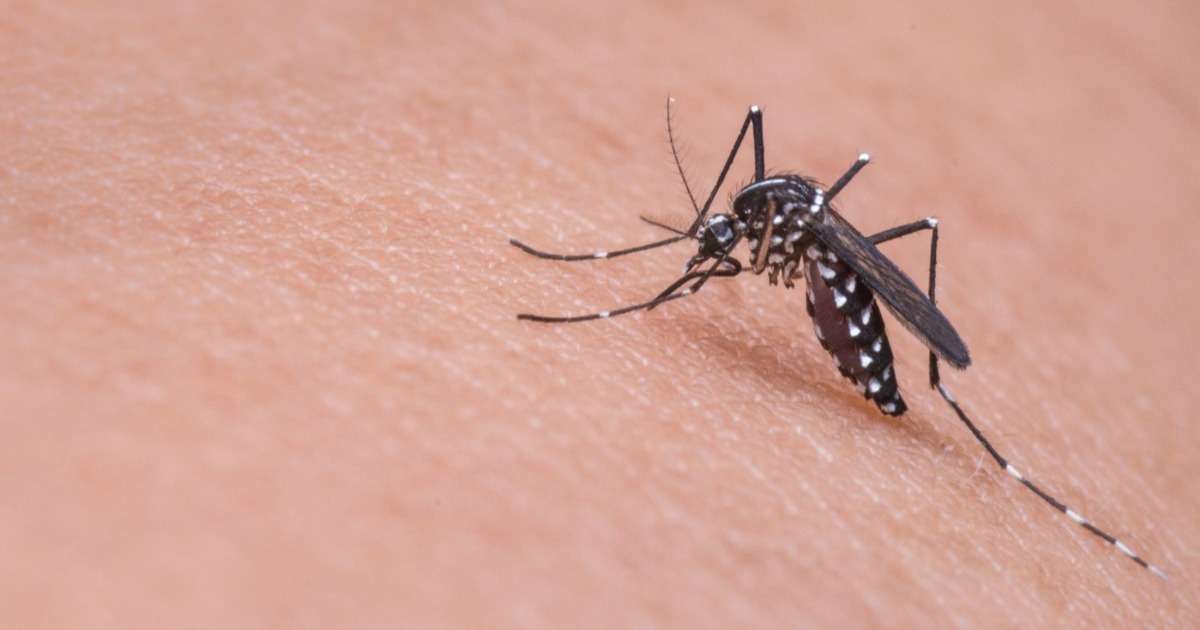
Smelly feet and heat – how malaria mosquitoes find their hosts
It seems that mosquitoes use human body odor to locate suitable hosts, and different people smell differently to mosquitoes.
